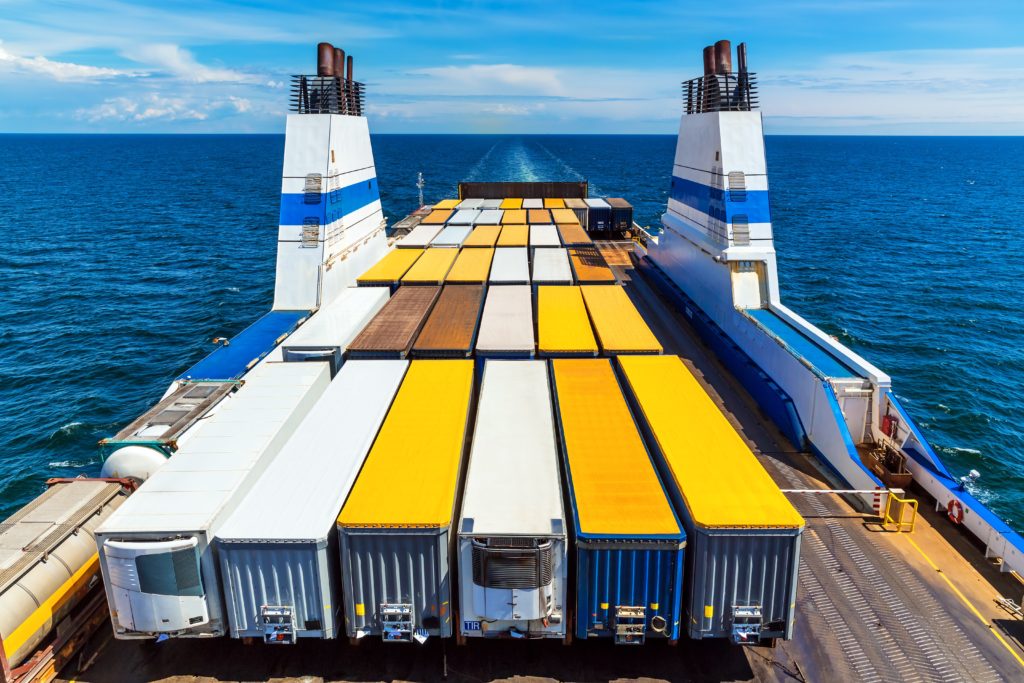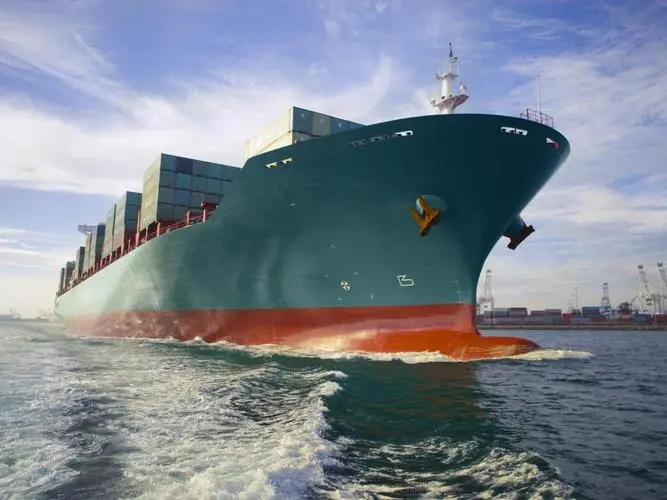What are the prohibited items in sea freight and air freight?
In the field of ocean freight shipping and shipping by air cargo, some goods are explicitly designated as prohibited items and cannot be transported. What exactly are these prohibited items? This article will delve deeper into the prohibited items in ocean freight shipping and shipping by air cargo, allowing you to have a clearer understanding of cargo transportation.
1. Dangerous goods: potential threat hazards
Dangerous goods are one of the absolutely prohibited items in ocean freight shipping and shipping by air cargo. This type of goods includes potentially dangerous goods such as flammable, explosive, toxic, and radioactive. During transportation, these items may cause serious accidents such as fires and explosions, and are therefore listed as absolutely prohibited to ensure transportation safety.
2. Perishable items: Time is the biggest enemy
Perishable items, especially seafood, fresh vegetables and fruits, are easily affected by environmental factors such as temperature and humidity during transportation, leading to spoilage and decay. To prevent quality issues during transportation, such items are usually designated as prohibited items.

3. Prohibited items: Goods restricted by regulations
Certain goods are defined as prohibited items due to legal restrictions, including drugs, counterfeits, smuggled goods, etc. Transporting such goods may violate the law and therefore is prohibited. This is also to maintain the legitimacy and fairness of international trade.
4. Animals, plants and their products: the bottom line of ecological protection
In order to protect global ecological balance, a series of animals, plants and their products are prohibited in international shipping. This includes endangered wildlife and plants, products that violate the Convention on International Trade in Endangered Species of Wild Fauna and Flora, etc. The embargo on these items aims to curb illegal fishing and logging, and maintain the ecological environment.

5. Weapons and ammunition: absolute safety bottom line
Weapons and arms are definitely prohibited items among the prohibited items. This includes various weapons, ammunition, etc. The transportation of such goods involves extremely high security risks and legal responsibilities, and is therefore listed as an absolute embargo to ensure international security and peace.
6. Illegal drugs: combating drug crimes
Illegal drugs, especially drugs, are the target of joint efforts by countries around the world to combat them. In order to curb drug crimes, there are strict bans on the transportation of illegal drugs in international shipping to ensure social safety and stability.

7. Aggressive items: preventing potential threats
Certain items with offensive properties, such as knives, gun parts, etc., are classified as prohibited items due to their potential danger. This helps prevent potential terrorist attacks and criminal activities, ensuring the safety of cargo transportation.
8. Radioactive substances: hidden dangers
Radioactive materials, such as nuclear materials and radioactive medical equipment, are subject to absolute sanctions due to their potential danger. This type of substance may cause long-term harm to human health and the environment, therefore it is prohibited to transport it in international freight.

Overall
The prohibited items in ocean freight shipping and shipping by air cargo include dangerous goods, perishable items, prohibited items, animals and plants and their products, weapons and ammunition, illegal drugs, offensive items, and radioactive substances. This series of embargo measures is not only to maintain international security and legal order, but also to ensure the stability and reliability of goods transportation.




